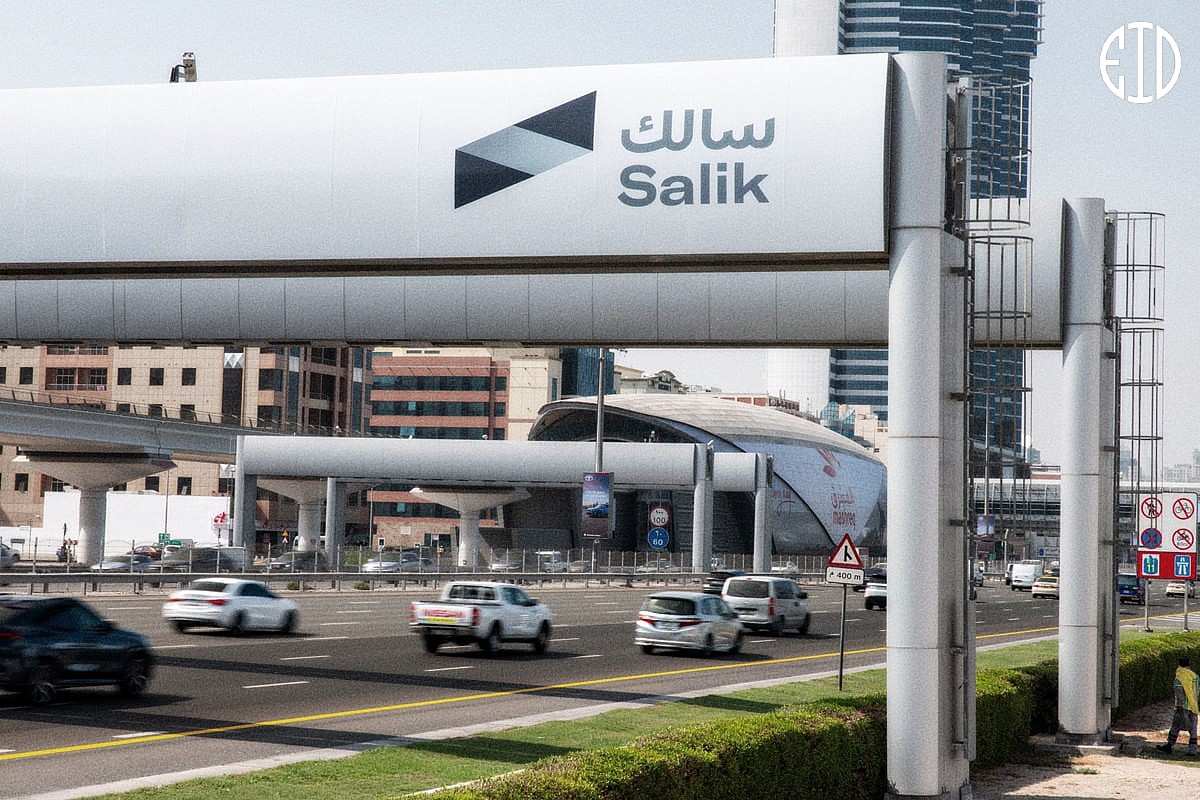Incentives such as rent-free months and grace periods for early occupancy have become rare in Dubai’s rental market. This shift is due to high occupancy rates and the growing population, leading landlords to enjoy favorable conditions.
Real estate industry executives note that while landlords are willing to accept rent payments in multiple cheques, this often results in tenants paying a higher overall rental price. Rents in most areas of Dubai have been rising consistently at a double-digit rate in recent years, driven by increased demand and a slowdown in supply due to pandemic-related construction suspensions.
Jacob Bramsley, leasing manager at Betterhomes, stated that incentives like free rent or early occupancy are now uncommon due to high occupancy rates, which reduce pressure on landlords to offer such deals. Instead, many contracts allow for multiple cheques, providing more flexibility for tenants compared to incentives or pricing adjustments.
Paul Kelly, operations director at Allsopp & Allsopp Group, added that there are significantly fewer incentives than in 2020 because landlords do not need to offer them. The market is busy, with a growing population and record visitor numbers, creating a situation where landlords can maintain rental rates without additional incentives.
The emirate’s population reached 3.65 million in 2023, growing by 100,000 over the previous year, largely due to the influx of foreign workers, professionals, and investors in the post-pandemic period. Alois Kugendran, general manager for real estate at Huspy, echoed industry sentiments, stating that incentives like rent-free months are hardly available now due to population growth driving demand and creating a shortage of available homes.
Alina Adamco, head of sales at Metropolitan Homes, noted that landlords in established situations typically do not need to offer incentives for lease renewals, though mutually agreeable terms are always an option.
In areas with immediate oversupply and competition, landlords may offer incentives like 12-month rent payment plans or included utilities to attract tenants. However, the decision to offer these incentives rests solely with the landlord, and some may choose to keep the property vacant for a short period instead.
Karun Luthra, vice president for global operations at Foremen Fiefdom, highlighted that high occupancy and rising rents give landlords the upper hand in Dubai. This trend is leading landlords to focus more on attracting long-term tenants and emphasizing property quality and amenities, rather than offering discounts or incentives. Overall, the trend indicates a decrease in the use of incentives as landlords leverage high occupancy rates to maintain rental prices and improve returns.












